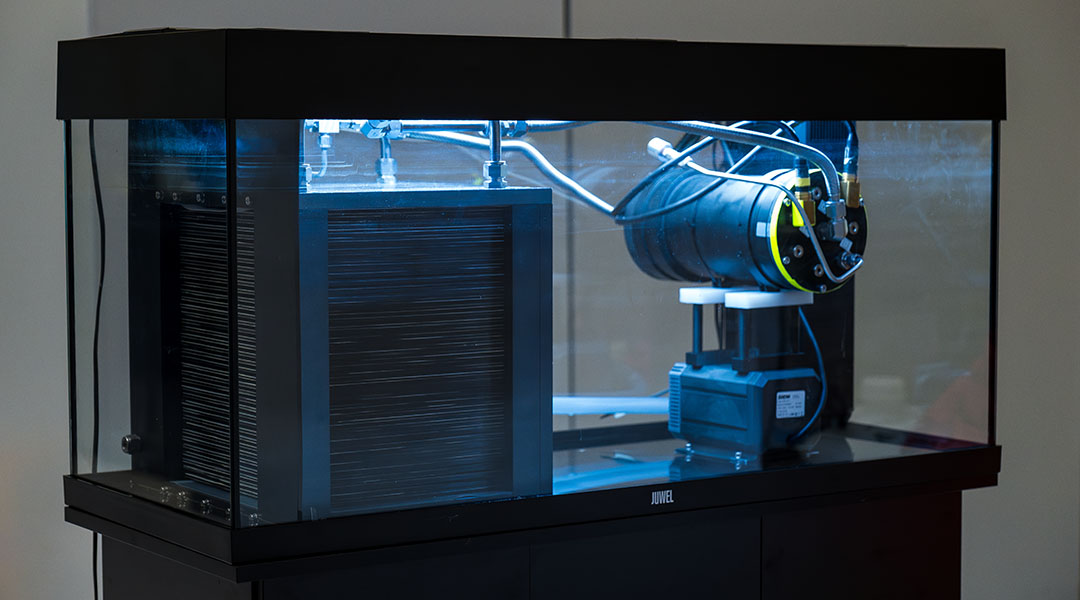Revolutionizing Oceanography: Artificial Gill Fuel Cell for Underwater Vehicles
Key Ideas
- A new prototype fuel cell inspired by fish gills could potentially replace batteries in powering underwater vehicles, offering increased energy and cost efficiency.
- The fuel cell utilizes a system of membranes to extract oxygen from water, mimicking the way fish extract oxygen from their environment.
- Initial testing showed promising results, despite some performance issues, indicating a revolutionary approach to powering autonomous underwater vehicles for oceanographic research.
- Future advancements in technology are expected to enhance hydrogen storage capacity and energy content, further expanding the capabilities of fuel cell-based power systems in oceanography.
New research has introduced a groundbreaking concept in the field of oceanography and underwater robotics by proposing a fuel cell system inspired by fish gills. This innovative design aims to potentially replace traditional batteries in powering autonomous underwater vehicles (AUVs) used for oceanographic research, offering increased energy efficiency and cost savings. The fuel cell is equipped with artificial gills that allow it to extract oxygen from water, freeing up space for the hydrogen needed for its operation. This system of membranes mimics the process by which fish extract oxygen from their surroundings, providing a sustainable energy solution for underwater devices. While initial testing of the prototype showed some performance issues, it represents a significant step forward in the development of this technology. Research suggests that future advancements in technology could lead to a 50% increase in hydrogen storage capacity and a 5% increase in energy content in lithium batteries, further enhancing the capabilities of fuel cell-based power systems in oceanography. This innovative approach has the potential to revolutionize the way oceanographic research is conducted, offering new opportunities to explore and understand the secrets of the world's oceans.
